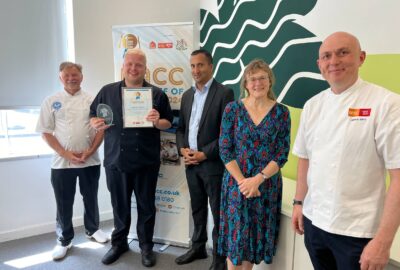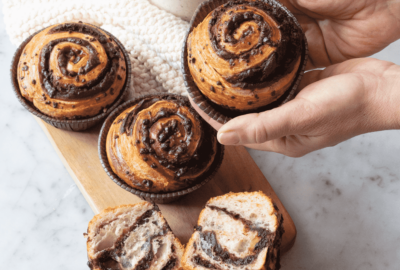According to the Campaign for Real Ale, over 1,200 pubs closed in the last year, fuelled by a change in drinking habits. To combat the challenge, pubs are developing side hustles to boost revenue.
Apart from the financial advantages, a side hustle may attract new customers who wouldn’t normally drink in a pub. Side hustles can include clothes swap events, wood-carving nights, cinemas, village stores, community cafés, repair shops, community gardens and guest rooms for overnight stays.
Pub is the Hub is a not-for-profit organisation that helps pubs broaden their services and activities to support their community. The most requested diversification projects at present include community cafés, village stores and allotments or community gardens.
John Longden, chief executive, Pub is The Hub, says, “Publicans often report how introducing a service or activity helps their pub to be perceived more positively by locals. This helps attract new customers not only to use the new service, but to the pub generally. We also help to support publicans with free publicity around new services through our Community Services Fund. Some activities such as music, creative groups, gardening clubs or repair cafés also lead to new opportunities for the pub, such as extra food and drink sales during quieter sessions and bookings for the groups’ Christmas socials.”
Community projects also tackle social isolation and loneliness. John says, “A visit to the village store, community café or a group or activity hosted at the pub, may be the only social interaction someone has that day and can make a real difference to a person’s wellbeing.”
The Blue Bell pub in Stoke Ferry, Norfolk, reopened two years ago after being purchased by over 400 members of the community a year earlier. It opened a community café, with the support of a Pub is The Hub Community Services Fund grant and the expert advice of regional advisor Terry Stork. Today it runs several groups a week – a craft group, gardening group as well as lunches for people over 60. In addition, there is a networking meeting for home workers every Friday morning and the local history society also meets at the pub.
A Repair Café is hosted twice a year in the pub’s garden and annex with 16 repairers attending the event. Typically attracting around 50 people, it helps to bring new faces to the pub and drive food and drink sales. In spring and summer there’s a Village Market Stall where locals sell surplus fruit and veg and either exchange food or purchase for a small donation. Jim’s advice for other pubs is to think outside the traditional pub offerings of alcohol and pub food. “Identify quiet times which could be ‘topped up’ with group activities at little or no extra cost. Visit cafés and pubs in your local area and see if they have ideas you can adapt.”
Advice from Pub is The Hub
• Do lots of research.
• Make sure your local community supports your ideas.
• Ask for suggestions for the type of service or activity the locals would like.
• Speak to the local council to see if any funding may be available.
• Trial a service such as a village store first to gauge demand and gain feedback. Many publicans offer a pop-up store first before deciding to make the shop a permanent addition at the pub.



